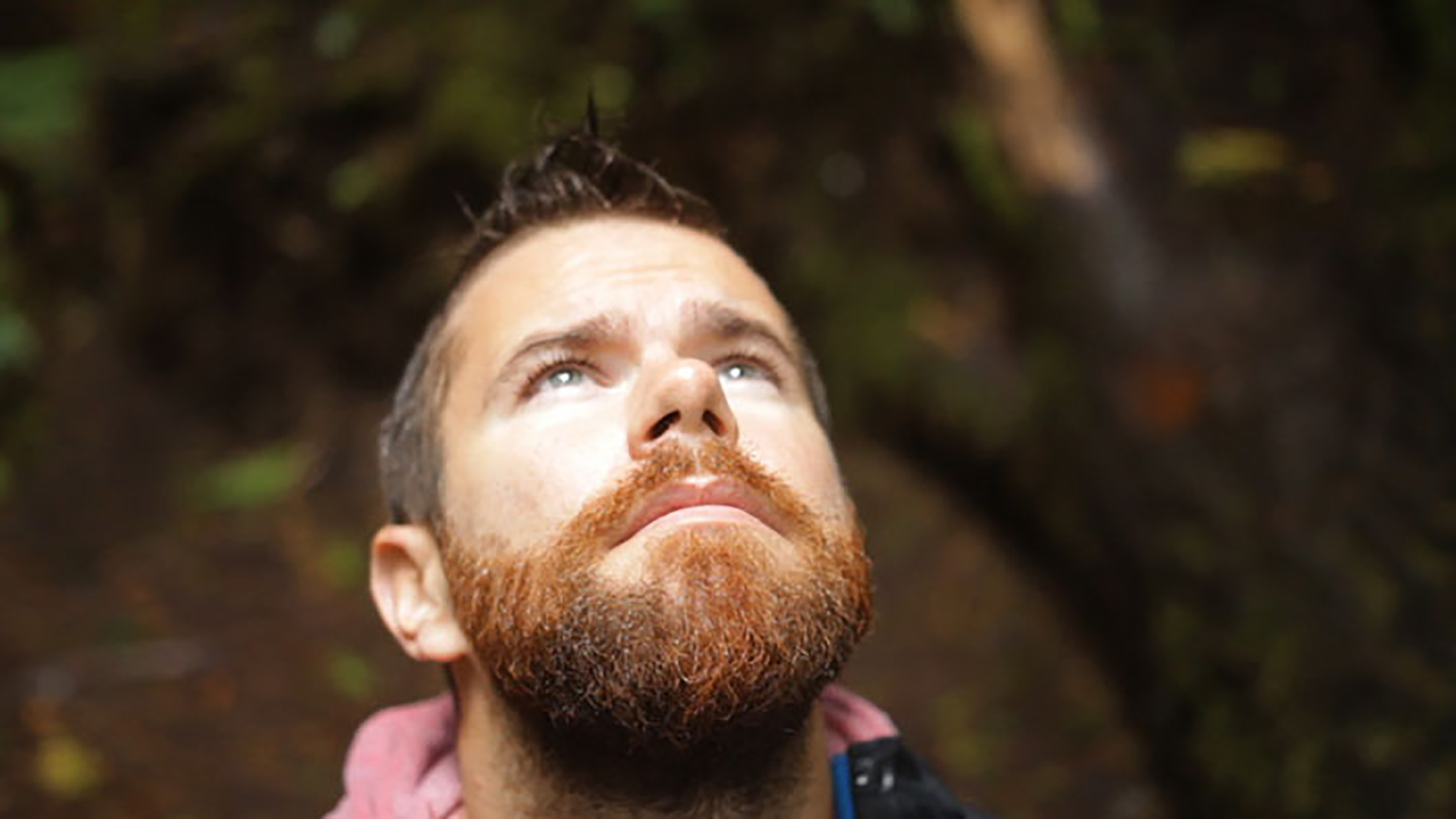Following the journey of a gay musician who is attacked and paralyzed from the waist down, LOVE, SCOTT is an intimate and evocative window into queer experience.
2018 · 1h15m · Canada
English
Share
About the Film
“The wound is the place where the Light enters you.”
– Rumi
In October of 2013, a young gay musician left the bar to walk home, unaware that his life was about to be irrevocably altered. Turning the corner up a street in small town Nova Scotia, Scott Jones was viciously attacked and left paralyzed from the waist down; what follows is a brave and fragile journey of healing and the transformation of a young man’s life.
Accompanying Scott for three years after he was attacked, the film takes us on a poignant and thought-provoking journey as Scott navigates the aftermath of his attack as he learns to move through life in a wheelchair and explores forgiveness for his attacker. Filmed by Scott’s best friend, the documentary offers a rare window into the journey of surviving an attempted murder, all the while offering a profound and much-needed meditation on queer experience.
Throughout his journey, Scott gives voice to the deep wound of not having his attack recognized as a hate crime by the institutions in power. LOVE, SCOTT is a film that stands by one man’s experience to illuminate a startling wider phenomenon: the troubling gap between the lived experience of LGBTQ people and the formal public record.
Bringing queer experience to centre stage, the film asks us to consider how much of a voice our society gives to people who have different experiences from the normative culture. With a legal system that is far from perfect, who really decides what “truth” is? What does justice look like when the consequences of violence are irreversible? And how can we begin to address the places where latent homophobia persists in our culture if we can’t name it?
The film is composed of two aesthetic spaces: spacious vérité scenes that reflect the deep trust and long-standing friendship between Scott and the director (Laura), and a second, more introspective space that serves as the cinematic backdrop for an exploration of loss, anger and loneliness. Here, grainy home footage and 16mm visuals become a kind of poetry, illustrating the deep and fragile landscape of Scott’s inner world. This touching depiction is supported by an ethereal score by Sigur Rós, the world-renowned avant-rock band from Iceland.
In vérité sequences, the film follows Scott as a talented musician, watching him shine as he founds a choir for social change and makes music with his devoted sister and companion, Sherise. Determined to choose love over fear, Scott also starts an anti-homophobia campaign called Don’t Be Afraid.
At its heart, LOVE, SCOTT is a story of bittersweet transformation—at once about the death of who Scott was and the birth of a new way of being. Bearing witness to this process, LOVE, SCOTT is a finely woven cinematic journey, threading together the most poignant moments captured on film over a three-year period and pointing us towards the possibility that indeed, the wound is indeed “the place where the Light enters you.”
Upcoming Screenings
Stay tuned for upcoming screenings!
Festivals and Awards
2018
North Carolina Gay & Lesbian Film Festival, Best Feature Documentary
2018
GAZE International LGBT Film Festival, Special Mention
2018
Inside Out, Jury Prize
2018
HotDocs, Official Selection
2018
BFI Flare, Official Selection
2018
FIN Atlantic International Film Festival, Official Selection
Editor
Laura Marie Wayne and Marcos Caraballo
Producer
Annette Clarke
Cinematographer
Laura Marie Wayne
Soundtrack Composer
Sigur Rós
Writer
Laura Marie Wayne




